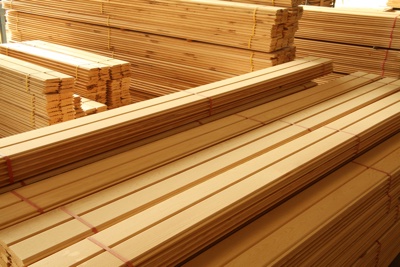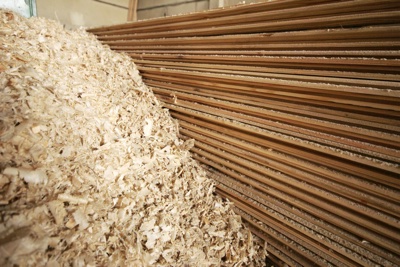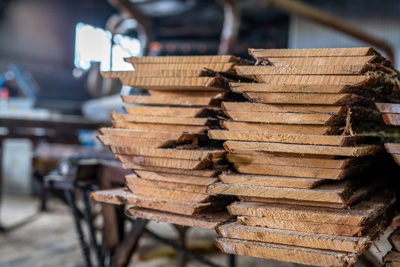Advanced engineering. Heavy duty construction. Friendly support.
Contact us for a quote today!
A BIT ABOUT US.
Baxter D. Whitney created the No. 1 in 1837. George Newman co-founded Newman Machine Company in 1906 to change the lumber millwork industry. In 1955 the two companies combined and continue the legacy innovating and improving the wood machinery industry. With nearly 180 years of history behind us, we are still leading the way when it comes woodworking machinery. (more about our history).
HOW CAN WE HELP YOU?
LATEST NEWS.
FOR IMMEDIATE RELEASE
Minneapolis, Minnesota, November 27, 2023InCompass Expands Woodworking Machinery Portfolio with Acquisition of Newman Machine CompanyClick…




